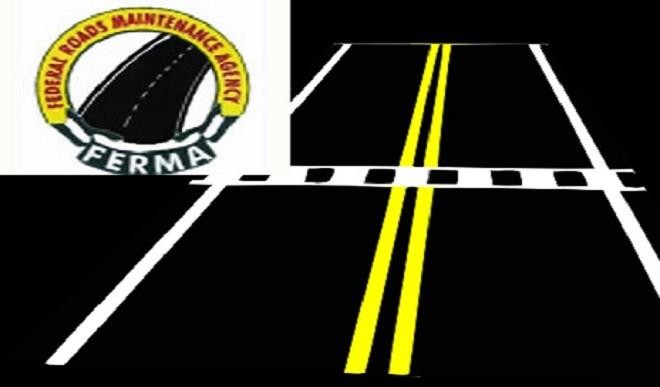‘FERMA has not received more than N30bn since inception’
The Federal Roads Maintenance Agency (FERMA) has said although N120 billion is required every year to revamp federal roads in the country over a period of 10 years, it has not received more than 25 per cent of this sum since its inception in 2003. The Managing Director and Chief Executive Officer (MD/CEO) of FERMA, […]

The Federal Roads Maintenance Agency (FERMA) has said although N120 billion is required every year to revamp federal roads in the country over a period of 10 years, it has not received more than 25 per cent of this sum since its inception in 2003.
The Managing Director and Chief Executive Officer (MD/CEO) of FERMA, Engr. Nuruddeen Rafindadi, who revealed this at an end of year programme of the agency in Abuja, said FERMA would benefit from innovative alternative funding for its operations to move forward.
Engr. Rafindadi said funding had been found to be a major determinant in the effective productivity of the agency alongside several other considerations which included operational (road use and management) considerations, climatic (rainfall, soil-type and environment) capacity and technology matters, capabilities (skills and training) issues, as well as governance issues and rule of law.
In his remarks, the Chairman of the fifth Governing Board of FERMA, Tunde Lemo, said while over 80 per cent of travels in Nigeria were carried out on roads; with about 90 per cent of that being largely federal interstate roads, only about 10,000km of federal roads were in good state, and that about 13,300km and 11,600km were in fair and bad states respectively.
Lemo said, “Cost of loss in man hours due to bad roads and traffic delays is a whopping N1.02tn per annum. Burden of inaction has been computed to be N85 for every N1 not spent in good time to maintain the Nigerian road (as at 2018).
“Nigeria’s road network is about 200,000km in lane kilometres with about 35,000km gazetted as federal roads, while state governments are responsible for another 32,000km, with the remaining 134,000km in the purview of local governments.”
